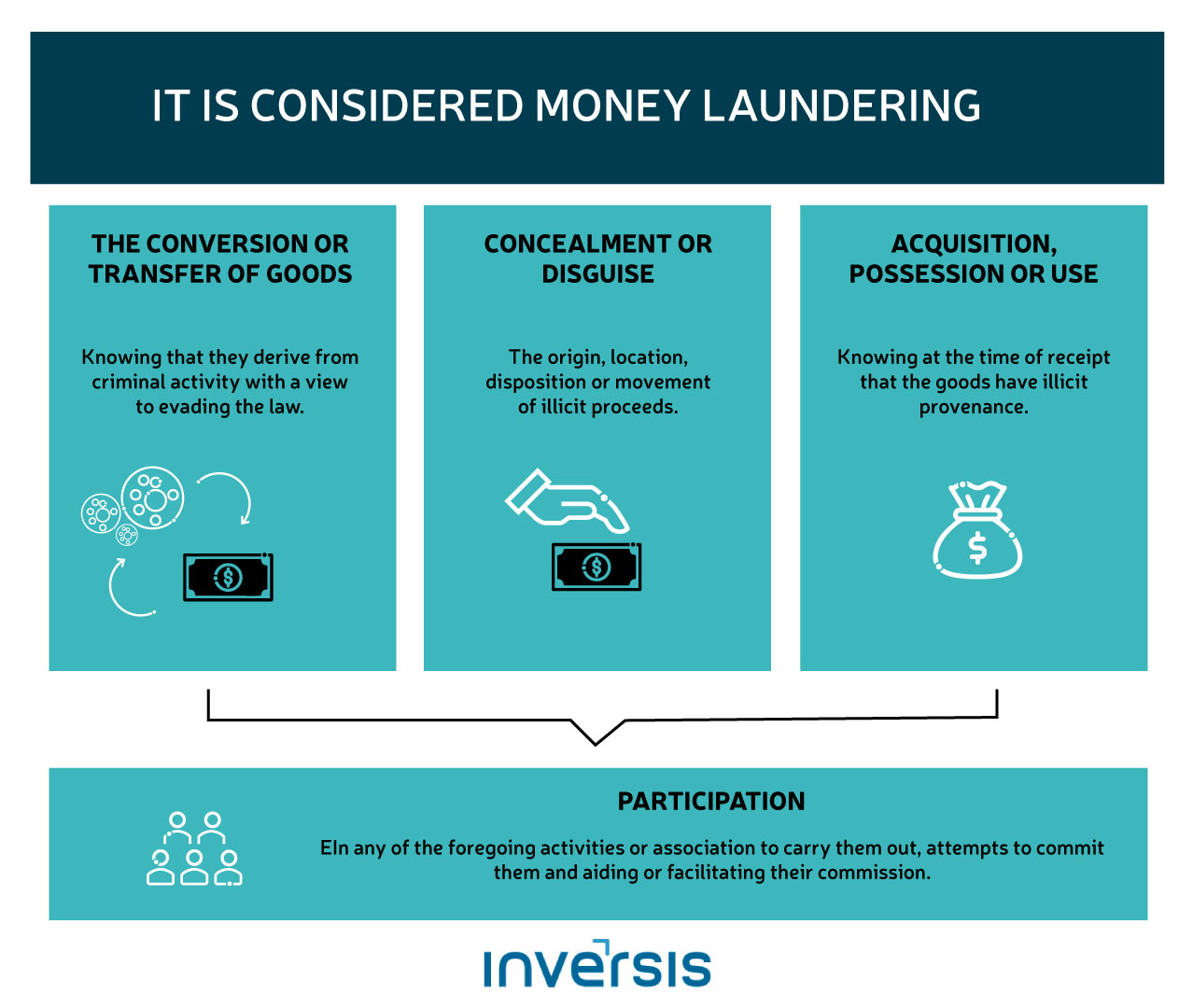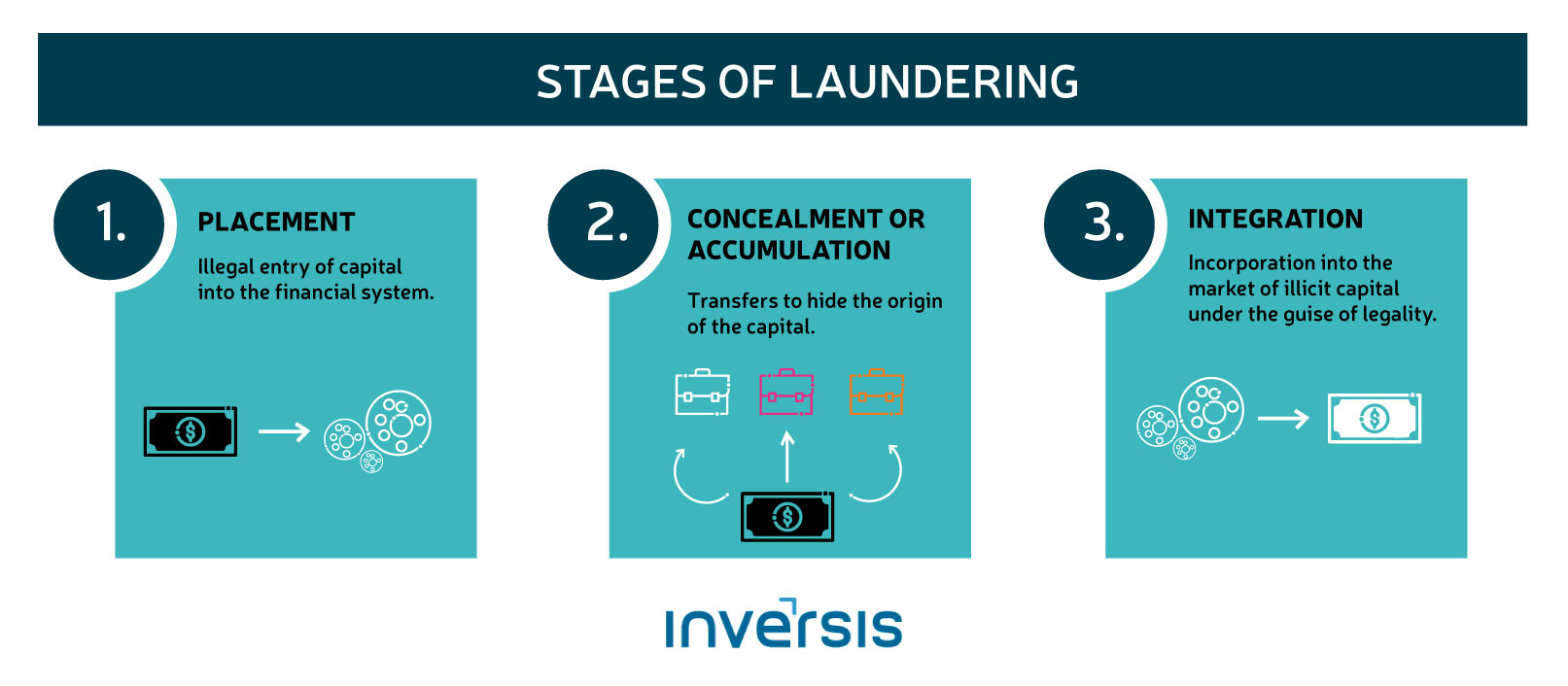AML-CFT AND WMDP FINANCING POLICIES
Every day we prevent money laundering, terrorist financing, and the financing of the proliferation of weapons of mass destruction.

Our AML-CFT and WMDP financing policies are focused on the risks dictated by international and local standards to ensure proper:
- Identification of all customers.
- Monitoring and tracking of operations.
- Comparison against sanction lists.
- Categorization of customers by risk level.
- If necessary, reporting of possible suspicious operations to the Regulator.
"For this, we rely on the identification of unusual activities and/or operations based on the number and amount of transactions, structuring, concentration, transfer, and disbursements, etc.; also taking into account variables such as: jurisdictions, activities, and amounts in the operations; all this based on the guidelines of our Policy on AML-CFT and WMDP Risk Criteria and the Risk Assessment itself. At Inversis, we are expressly prohibited from operating with individuals, companies, and/or jurisdictions questioned in official lists issued by international organizations, such as the EU, UNSC, and OFAC.
We also recognize the importance of training, and understand that employees are key elements in preventing AML-CFT and WMDP; therefore, annually, all are part of the training plan that is delivered with differentiated content to different audiences, according to the area of sensitivity where they perform their functions. All this, in addition to providing the necessary tools to minimize the occurrence of undesirable events.

